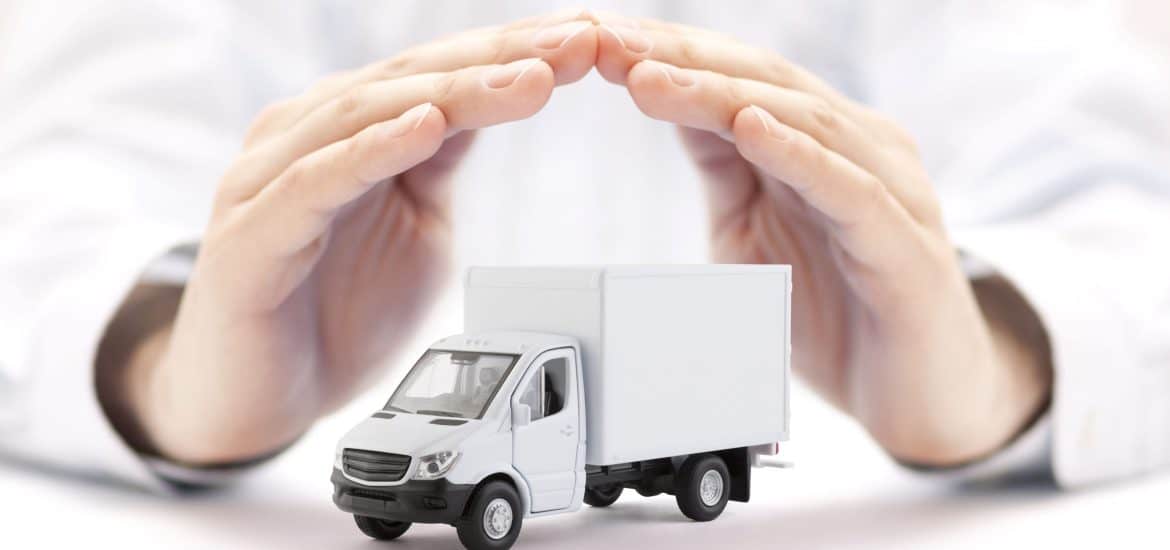Do you own a food business and want to start making food deliveries? It’s highly advisable to get insurance for your business. Insurance is a contract between the policyholder and the insurer in which the insurance company covers any occurrence that falls within the scope of the policy. In exchange, the policyholder must pay a regular fee for the insurance.
According to Statista, the online food delivery business is expected to increase at a 13.68% annual rate between 2022 and 2027. This will result in a market volume of US$1.45 trillion by 2027.
The projection is backed by the fact that food delivery services have recorded a spike since 2020. Cab companies like Uber began offering Uber eats, a food delivery service.
 Vehicle owners who operate a car, motorbike, or scooter and want to deliver food for Uber Eats, for example, can acquire a Certificate of Motor Insurance. This insurance policy covers food delivery or hires, according to Uber Eats.
Vehicle owners who operate a car, motorbike, or scooter and want to deliver food for Uber Eats, for example, can acquire a Certificate of Motor Insurance. This insurance policy covers food delivery or hires, according to Uber Eats.
Operating a food delivery business may require transporting large amounts of food to different locations in a day. Moreover, you may be required to transport food for an event such as a wedding or concert.
Purchasing a van will be ideal for this task. You’ll need courier insurance to cover the van and the transported food. Why do you need insurance, and what type of insurance can protect your business? The next bit of this article will explore the types of insurance policies that encompass getting food delivery insurance.

Why insurance and the types you need
Your food delivery business will ideally require insurance for the vehicle, goods being transported, and public liability. The following is a breakdown of each type of insurance and the policies you can seek for each:
- Vehicle Insurance
Your delivery vehicle is subjected to operating on busy traffic roads that are prone to accidents. Getting food delivery insurance for your vehicle guarantees you’re covered if your van, motorcycle, or car is involved in any accident during delivery. The following policies can be acquired to insure your vehicle:
Business use insurance is a Class A (1) basic-level insurance policy. People in office jobs typically use this type of coverage to allow them to travel to meetings and for other infrequent, ad hoc trips. Although this policy is ideal for businesses that require domestic car insurance, it can still be used for food deliveries.
Commercial car insurance, also called Class C (3) business use car insurance, is a comprehensive type of coverage that allows you to use your car for several commercial activities. This type of insurance doesn’t specifically cover food delivery; however, it covers vehicles used for commercial purposes. The downside of commercial insurance is that it can be quite costly compared with other policies.
Courier van insurance covers vehicles specifically used for delivery services. This policy covers picking and dropping goods such as food from restaurants. It accounts for the fact that a courier spends more hours on the road than the average driver and is likely to be involved in an accident. The three levels of courier van insurance include:
- Third-party only: This is the most basic coverage, covering you against third-party property damage or injury, including other cars and persons. Third-party-only coverage doesn’t, however, safeguard personal cars against damage.
- Third-party, fire, and theft: Aside from third-party coverage, you also obtain coverage for fire damage or theft of your car.
- Comprehensive: Provides all the above and coverage for damage to your vehicle.
Your vehicle is your primary resource for food delivery. It, therefore, makes perfect sense to secure it with insurance.
- Goods Insurance
Transporting large amounts of food in a van or truck will require getting goods in transit insurance. It may not be necessary for your business; however, it’s recommended when offering delivery services for other businesses or public entities. Typically, coverage is given for up to USD$60,000 per load on a single claim.
- Public Liability Insurance
Accidents involving members of the public are covered by public liability insurance. You can recover your legal defense expenses, and your insurance can compensate you if a lawsuit is successful against you. It may be included in your courier insurance plan, which covers everything from dangers on the road to risks when delivering items to residences or businesses.
Conclusion
Food delivery insurance is important and recommended when running a food business. The policies mentioned in the article cover multiple risks you’re likely to encounter while conducting food deliveries. Obtaining some of these policies may seem like a hassle, but their coverage is worth it in the long run.